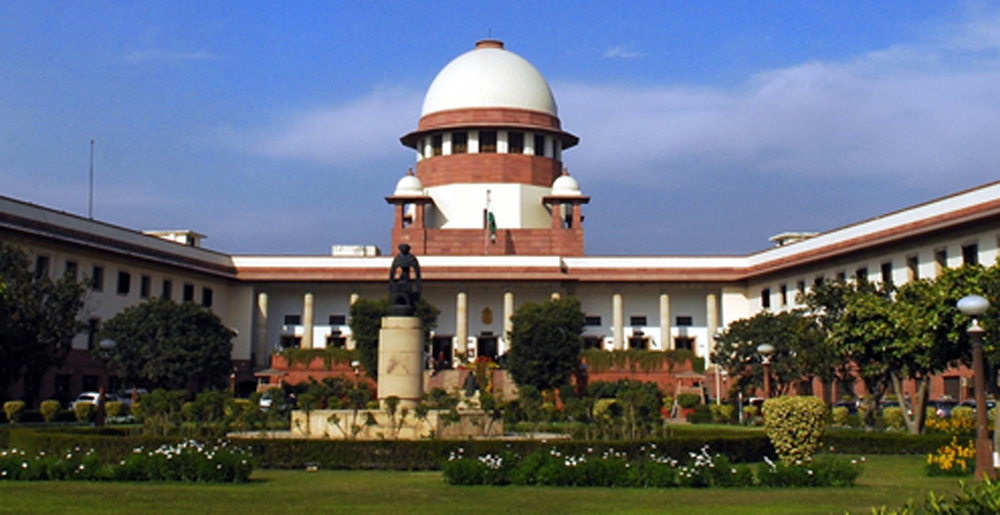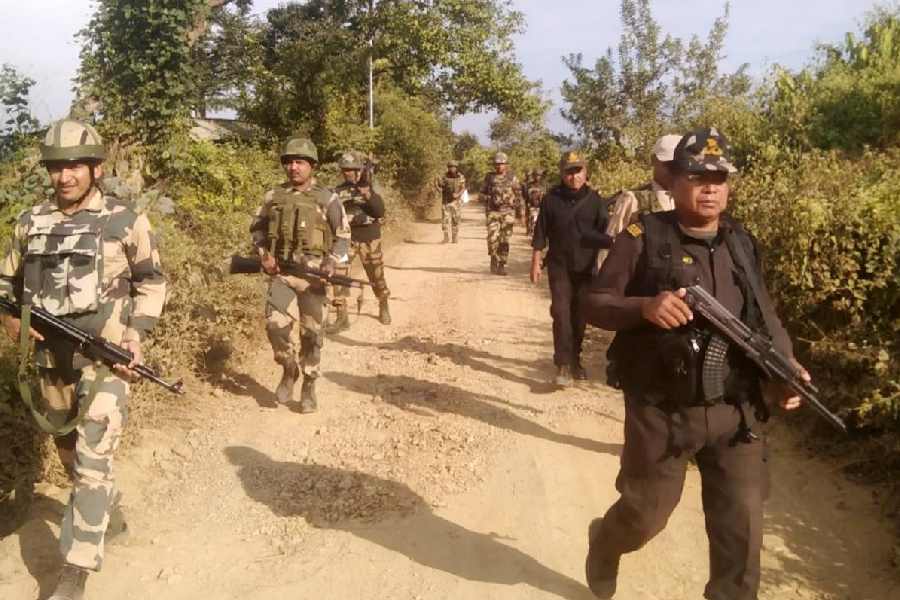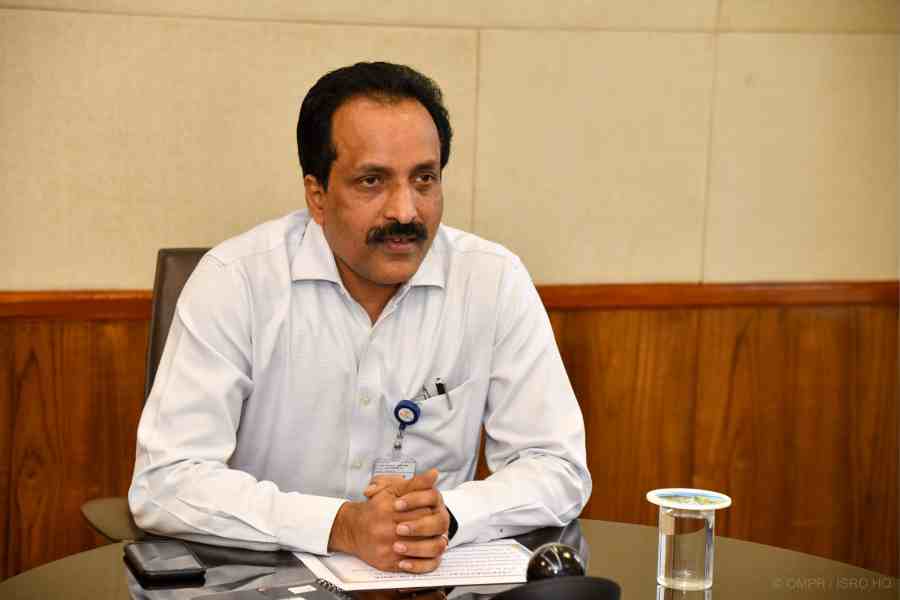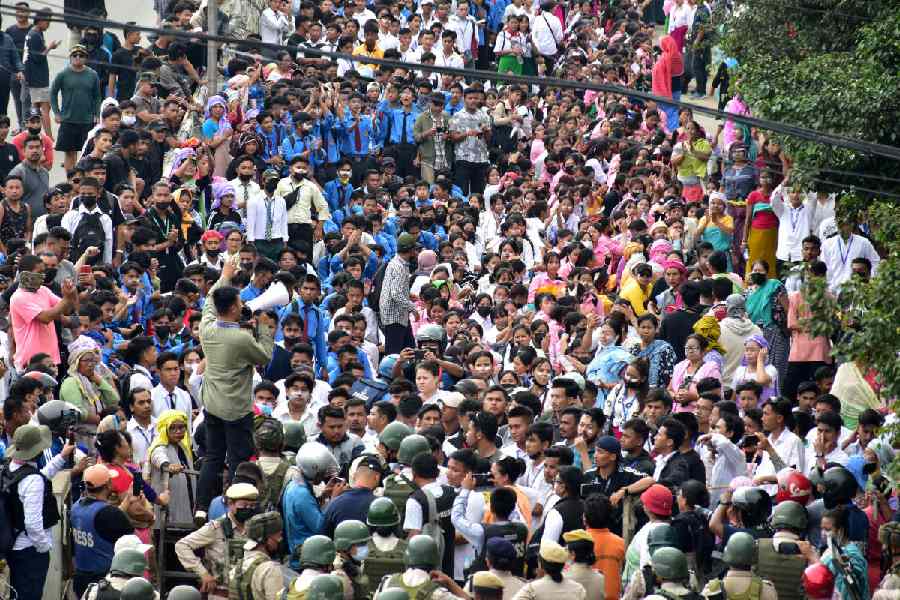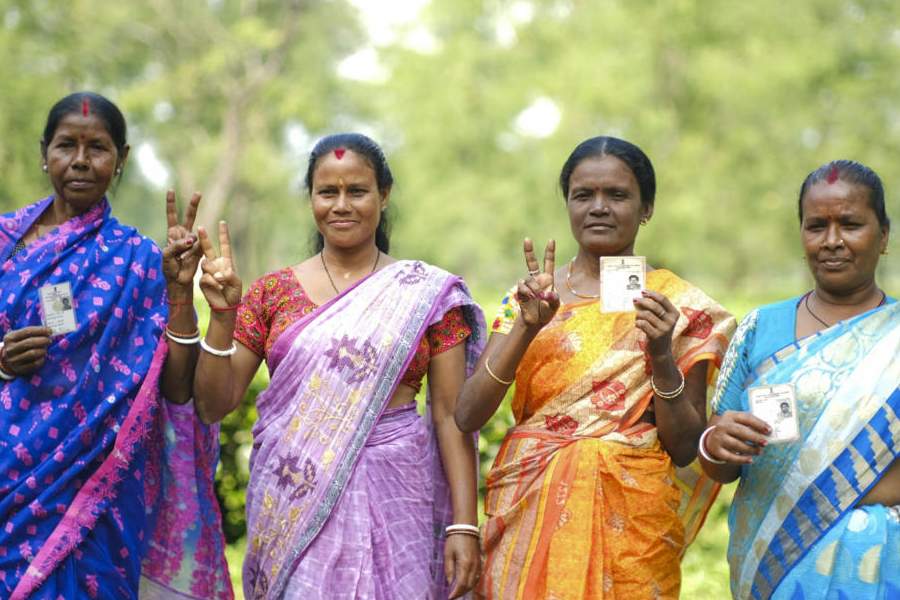The Jamiat Ulama-i-Hind has approached the Supreme Court opposing a Hindu organisation’s petition that questions the constitutionality of a law on the ground that it validates the past destruction of Hindu temples by foreign invaders.
Section 4 of the Places of Worship (Special Provisions) Act, 1991, prohibits any change to the religious character of any place of worship in the country after August 15, 1947.
The petition against Section 4 from the Vishwa Bhadra Pujari Purohit Mahasangh, a priests’ body, is yet to be listed for hearing. Copies of the intervention application moved by the Jamiat, an organisation of Islamic scholars, were circulated among the media on Sunday.
Filed through advocate Ejaz Maqbool, the Jamiat’s application argues that acceptance of the Mahasangh’s petition would destroy the country’s secular fabric and affect communal harmony.
According to the Mahasangh, Section 4, by restricting Hindus’ right to reclaim shrines that were destroyed or had their character changed by invaders, retrospectively validates such destruction.
It has further argued that Section 4 discriminates against Hindus — in relation to Muslims — in the matter of reclaiming possession of places of worship.
But the Jamiat has argued: “Even issuance of notice in the present matter will create fear in the minds of the Muslim community with regard to their places of worship, especially in the aftermath of the Ayodhya dispute, and will destroy the secular fabric of the nation.”
It has added: “It is apparent that the present petition (Mahasangh’s) seeks to indirectly target places of worship which are presently of Muslim character.”
The Jamiat’s application recalls a reference to Section 4 by a constitution bench in the Ayodhya land dispute case.
In the reference, the apex court had quoted a Lok Sabha speech delivered on September 10, 1991, by the then Union home minister in the P.V. Narasimha Rao government
“We see this bill as a measure to provide and develop our glorious traditions of love, peace and harmony,” Shankarrao Chavan had said.
“These traditions of amity, harmony and mutual respect came under severe strain during the pre-Independence period when the colonial power sought to actively create and encourage (a) communal divide in the country. After Independence we have set about healing the wounds of the past....”

